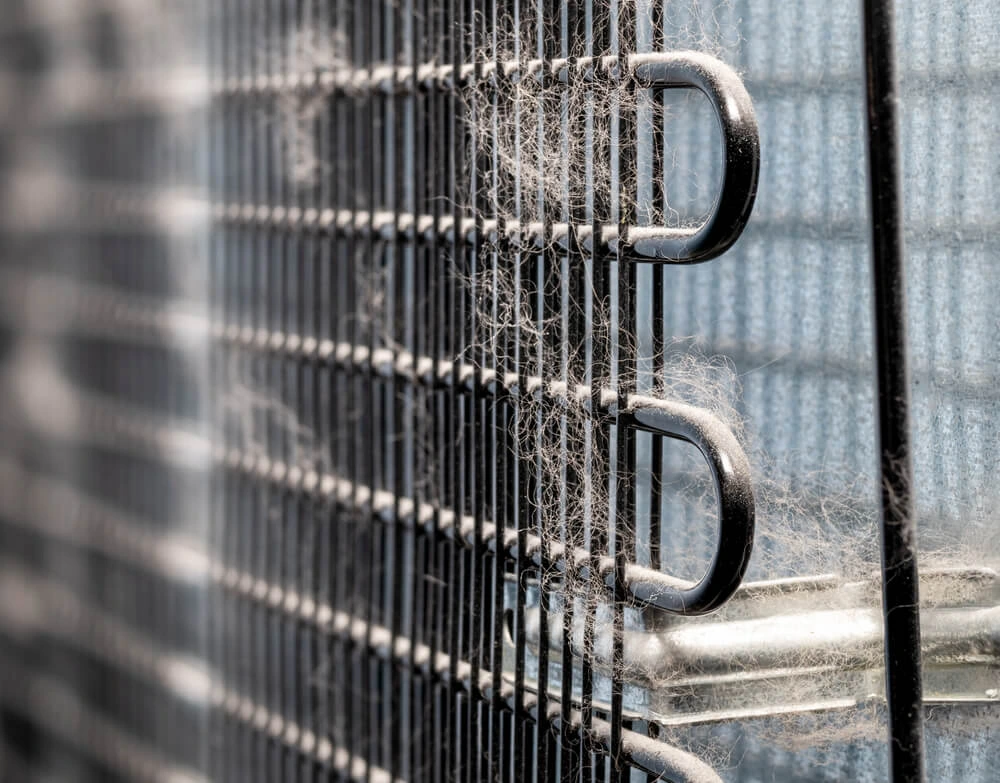What is the Lifespan of your Refrigerator?

Have you owned your refrigerator for a long time? Read on to learn how long a refrigerator lasts and how you can extend your appliance’s lifespan:
- How Long Does a Refrigerator Last?
- How to Extend the Lifespan of Your Fridge
- Fridge Lifespan FAQs
How Long Does a Refrigerator Last?
According to our appliance life expectancy guide, standard refrigerators usually last anywhere from 10 to 18 years, with an average life expectancy of around 14 years. Compact refrigerator lifespans are shorter, though, ranging from 4 to 12 years with an average life expectancy of 8 years.
How to Extend the Lifespan of Your Fridge
As you can see, the potential lifespan of a refrigerator varies widely. The longer you make yours last, the longer you can put off the cost of replacement. To help your appliance serve you well for many years, follow these fridge maintenance tips.
1. Clean the Door Seals
A loose or torn gasket (or one caked with gunk) doesn’t seal tightly. This wastes energy and forces the fridge to work harder, shortening its lifespan.

Make it a habit to clean the gasket with warm water twice a year to remove any residue. Then check the seal for tears and replace it if you find any. To test your gasket seal, try closing the door on a five-dollar bill. If it slides around easily or falls out, the door isn’t sealing properly and you need to replace the gasket.
2. Give It Room to Breathe

Refrigerators function best when they have airflow on all sides. The exceptions to this include zero-clearance and front-vented refrigerators. Unless your fridge is labeled as such, don’t set large, heavy objects directly on top of the fridge, and make sure adjacent counters and cabinets leave at least one inch of clearance. Proper air circulation helps to prevent breakdowns and improve overall functionality.
3. Clean the Coils
Condenser coils filled with refrigerant make refrigeration possible. However, when the coils become caked with dust and grime, they don’t run efficiently. This raises your energy bills and eventually wears out the fridge compressor.

To clean the coils, first unplug the fridge. Then remove the grille from the bottom front of the fridge. Check to see whether the coils are here. If so, clean them with your vacuum’s brush attachment. If you don’t see the coils, they’re located on the back of the refrigerator, and you’ll need to pull the appliance away from the wall to access and clean the coils.
4. Level the Fridge

Refrigerators are picky and like to sit exactly level. If yours rocks from side to side, it may not close properly, resulting in a strained motor and allowing condensation to enter. Place a level on top of the fridge to see whether it’s sitting flat. If you don’t have a level, try gently rocking it back and forth to see whether you can knock it off balance. If so, there’s an easy way to fix this.
Refrigerator manufacturers know that kitchen floors aren’t always perfect, so most fridges come with adjustable feet. If you discover your appliance sits crooked, twist the adjustable feet until the fridge is secure and perfectly level.
Fridge Lifespan FAQs
1. Is it worth repairing a 10-year-old refrigerator?
The average lifespan of a fridge is anywhere between 10 and 18 years, so a 10-year-old refrigerator is right on the line. If the fridge repair is something small, such as a gasket issue, or is one of the very few repairs the fridge has ever needed, repair it. However, if the fridge has experienced several major issues beforehand or the repair costs a significant amount of money, you may be better off replacing it.
2. When should you replace your refrigerator?
You should expect to replace your fridge about every 14 years. The average lifespan of a fridge is anywhere between 10 and 18 years, with the average sitting around the middle. However, don’t replace your fridge just because it’s the right age. Keep your fridge around until it shows signs of significant wear (discussed in the next paragraph), requires a major repair, or ceases functioning entirely. Unless you want to upgrade to a more energy-efficient, or a different style of fridge, there’s no reason to get rid of a properly functioning one.
3. What are the signs of a refrigerator going bad?
A fridge may be on its last legs if the food doesn’t last as long as it once did, excessive frost builds up, condensation forms on the fridge exterior, or the fridge runs louder than usual. All of these signs indicate something has gone awry and signal an imminent need for repair or replacement.
Schedule Your Refrigerator Repair with Mr. Appliance
Just because your fridge breaks down doesn’t necessarily mean it’s time to replace it. Often a professional repair, which may be much less expensive than a replacement, is what’s needed to get it back up and running efficiently. Call our refrigerator repair experts today to schedule an appointment. As long as your fridge isn’t too close to the end of its life, we’ll make sure your fridge remains in service.

